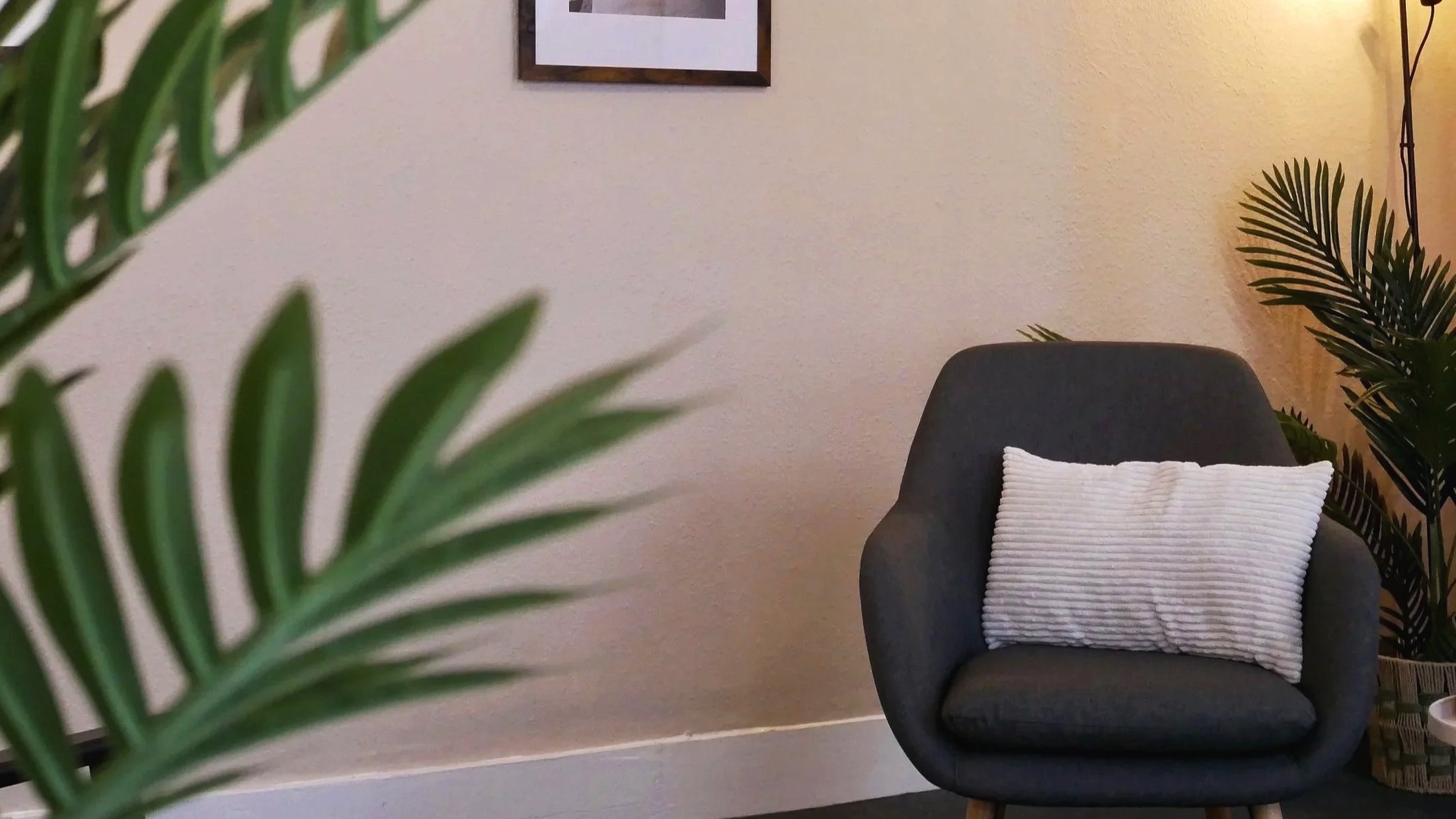
SMART THERAPY LTD
Est. 2020Your Therapy Centre in South West London
Thinking About Therapy?

It’s not always easy to know when the right time for therapy is.
Maybe life feels heavy.
Maybe you’re carrying more than you can manage.
Maybe you’ve been pushing through, telling yourself you “should be fine,” but deep down you know things could feel better.
Counselling offers a space to pause, to be heard, and to begin making sense of what’s going on.

At Smart Therapy, we’ve brought together a trusted community of experienced private counsellors, psychotherapists, and psychologists, in the heart of South West London, to support you.
Whether you’re looking for help with anxiety, relationships, stress, grief, self-confidence, or anything else… each of our talking therapists offers a safe and compassionate space to support you.
Together, we can help you find a way forward that feels right for you.
Explore Our Therapist’s Profiles
Browse our independent therapists based at Smart Therapy in Clapham Junction, Battersea. Each counsellor and psychotherapist brings their own specialisms, from anxiety and stress to relationships, grief, and life transitions.
Every therapist at Smart Therapy in Clapham Junction (SW11) is an experienced, independent practitioner with their own qualifications, specialisms, and ways of working.
This means you have the freedom to find someone whose approach feels right for you.
You can browse our Therapist Profiles to read more about each counsellor or psychotherapist and connect directly with a therapist in SW London today.
Finding the Right Therapist For You
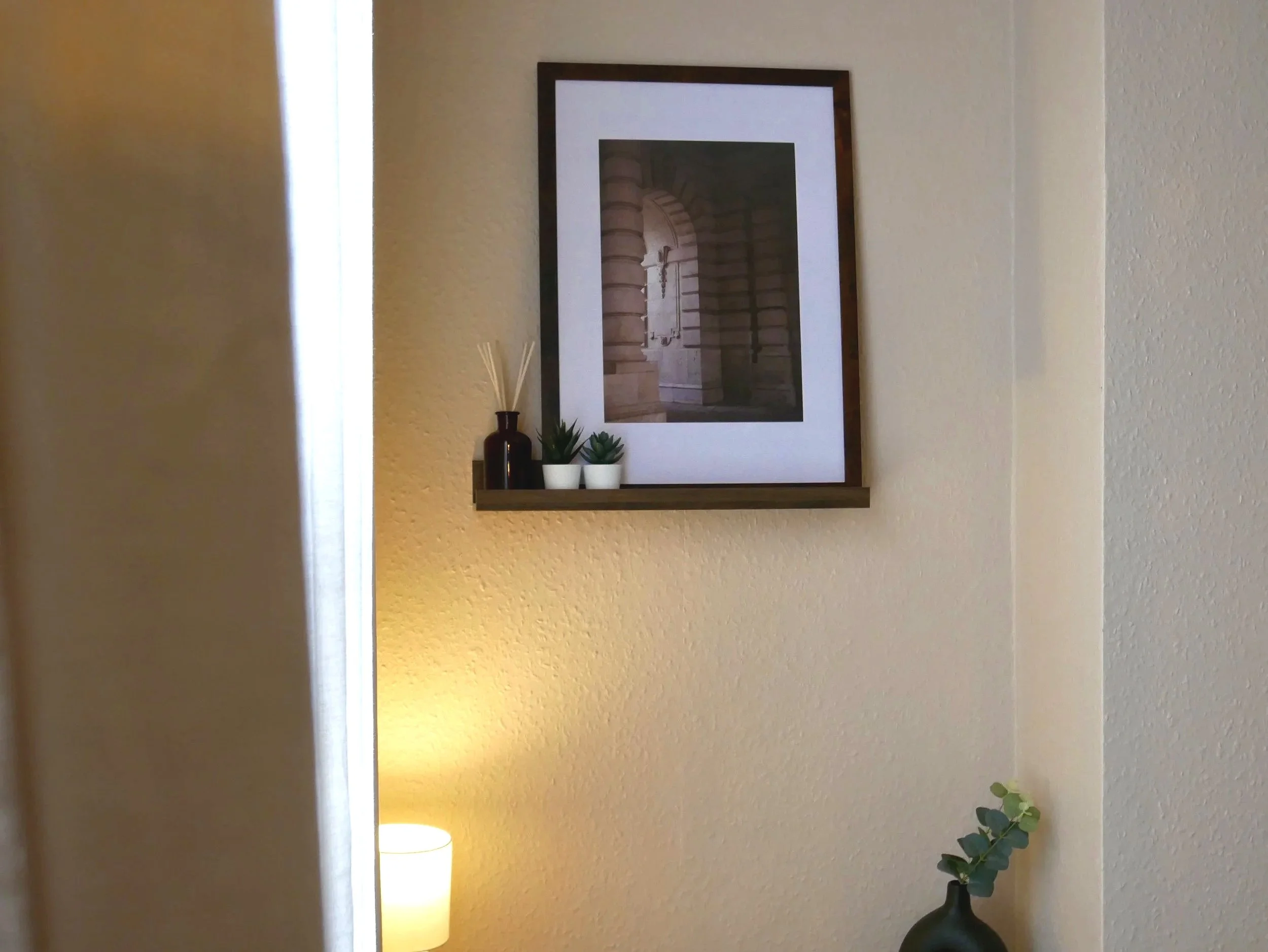
Our counsellors, psychotherapists, and psychologists support clients with a wide range of concerns, including but not limited to:
Anxiety, stress, and panic
Low self-esteem, self-doubt, and confidence
Family dynamics and emotionally immature parents
Relationship difficulties (individuals and couples)
Grief, bereavement, and loss
Burnout, work-related stress, and overwhelm
Life transitions, identity questions, and direction
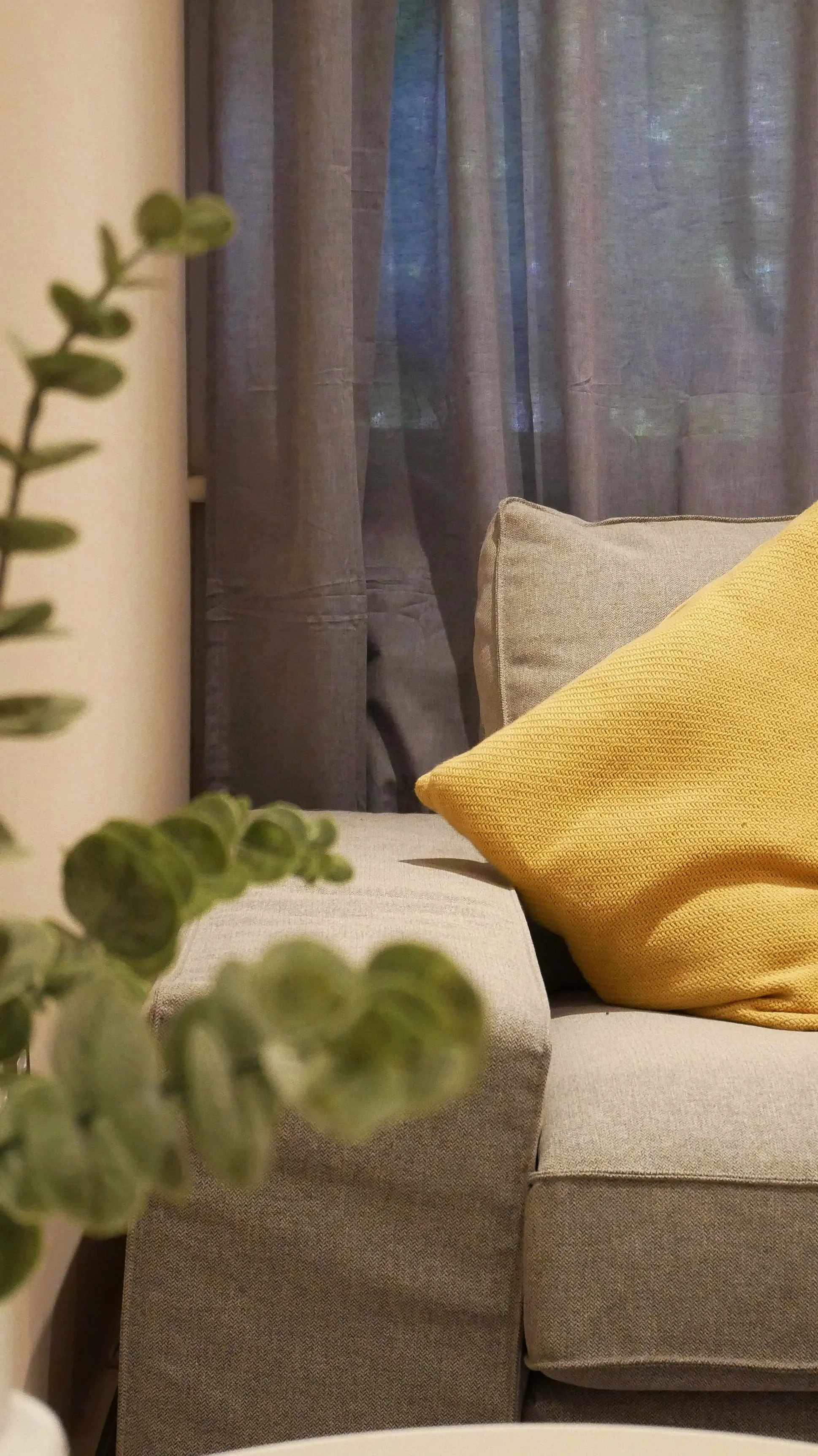
Magazine
For many young adults, climate change isn’t an abstract future problem. It’s a constant background presence. It shows up in news alerts, social media feeds, conversations about housing, family, finances, and the future. For some, it brings a steady hum of unease. For others, it becomes overwhelming.
“Quiet Quitting” is often framed as a lack of motivation or commitment at work. A sign that people no longer care. A generational problem. A productivity issue.
But psychology tells a different story.
Scrolling through social media can feel strangely destabilising. one minute you’re relaxed, the next you’re comparing your life, body, career, parenting, productivity or relationships to people you barely know… and somehow coming up short.
If you’ve tried therapy before and walked away thinking “It didn’t really work for me”, you’re not alone. Many people stop therapy early, feel unsure whether it’s worth going back, or quietly wonder whether therapy just isn’t for them.
Loneliness isn’t always about being physically alone.
You can have friends, a partner, a busy social life, and still feel strangely disconnected. Detached. Unseen.
Lonely in a way you can’t quite explain.
You replay conversations long after they end.
You analyse what you said, what they said, what they might have meant.
You run through every possible outcome, scenario, or consequence, even when nothing is actually wrong.
There’s a kind of struggle that doesn’t look like struggle from the outside.
You get through the day. You show up. You’re functioning.
But inside, there’s… nothing.
You know the feeling.
You’re going about your day; making coffee, commuting, replying to emails, when suddenly your chest feels tight, your stomach drops, or your mind jolts into worry mode.
So much of what we do, think, feel, and say happens on autopilot.
We react, justify, or withdraw without quite knowing why. Then later, we wonder; “Why do I keep doing this?”
That question, the noticing in itself, is where awareness begins.
We often hear advice like “You just need to move on” or “Just let it go.”
It’s well-meaning, but it misses something essential: healing isn’t about erasing the past, it’s about making peace with it.
Some of what we carry isn’t ours.
The anxiety, the guilt, the urge to keep everyone happy - they can all be echoes of the generations before us.
Many of us can look perfectly fine on the outside - we get up, go to work, keep friendships ticking over, even laugh and plan holidays.
Have you ever wondered why you feel secure in some relationships but anxious or distant in others? Or why the same relationship patterns seem to repeat, no matter how hard you try to change them?
The answer may lie in attachment theory.
Many people believe therapy is only for those in crisis - a last resort when life feels unbearable. But just like you wouldn’t wait until your teeth are falling out to see a dentist, you don’t need to wait until you “can’t cope” to look after your mental health.
Not all childhood wounds are visible. While physical abuse or neglect often leaves obvious scars, emotional neglect is quieter, subtler - and often invisible to everyone, including the person who experienced it.
Yet its impact can last a lifetime, shaping how we see ourselves, how we relate to others, and how we care for our own needs.
When most people imagine therapy, they picture sitting on a sofa, talking about their problems. While that’s part of the process, therapy is about much more than conversation.
In fact, research shows that the skills you build in therapy often extend far beyond the therapy room, supporting your wellbeing, relationships, and daily life.
Many of us know we should set boundaries - with partners, family, friends, colleagues - but when it comes to actually saying “no”, guilt, fear, or discomfort often creeps in. If you’re ever wondered why setting boundaries feels so hard, you’re not alone. Boundaries are more than personal preferences; they’re rooted in psychology, attachment, and even nervous system regulation.
“Do I really need therapy?”
It’s one of the most common questions people ask themselves before reaching out. At Smart Therapy, we want to make one thing clear: you don’t need to hit rock bottom to start therapy. You just need to be curious about your thoughts, feelings, or behaviours - and open to exploring them in a safe space.
Demystifying your first therapy session and beyond
Thinking about starting therapy but not sure what to expect? You’re not alone. For many people, the idea of talking to a therapist for the first time can feel a bit intimidating. At Smart Therapy, we believe therapy should feel safe, supportive, and tailored to you - not something to fear.
In today’s fast-paced world, many people are seeking holistic ways to unwind, manage stress, and reconnect with their bodies. Craniosacral Therapy (CST) is one gentle yet powerful approach that’s gaining popularity for its ability to support both physical and emotional wellbeing.
But what exactly is it - and how does it work?
The first step in choosing the right counselling approach is understanding the diverse therapeutic landscape in the UK. From Cognitive Behavioural Therapy (CBT) and Psychodynamic Therapy to Person-Centred Counselling, the options are vast and cater to different needs.
In the realm of mental health and emotional well-being, the terms "counselling" and "therapy" are often used interchangeably. However, within the context of the United Kingdom, these terms have distinct meanings and implications. In this blog post, we'll delve into the differences between counselling and therapy, shedding light on the nuances that make each unique.
Your mindset shapes your world, encompassing attitudes, beliefs, and thought patterns. In psychology, two primary mindsets exist: fixed and growth, which can differ across various areas of life.
We've become masters at suppressing our negative emotions, donning a brave face, and soldiering on with our day. But in doing so, have we missed valuable lessons?
In today's fast-paced world, it's crucial to focus on our mental well-being just as we do with our physical health. One powerful tool for achieving this balance is mindfulness.
“Trust the process” is a phrase that you might hear therapists or other mental health professionals use a lot of the time. You might also see it on social media, from coaches, mindfulness instructors, or in guided meditations. But what does it really mean?
Usually, they work pretty well together - each responsible for their own tasks, but working together like a well-oiled team.
However, sometimes one part of the brain will take over, shutting out the other parts for the time being.
We all know that self-care in general is an important aspect of looking after our mental wellbeing. We also know that going to counselling can play a key role in self-care for many people. However, something that we often neglect to think about is that sometimes self-care isn’t pretty.

What Is It Like To Start Therapy?
Once you find a therapist you’d like to speak to, you can contact them directly via the details on their profile.
Many practitioners offer a free or low-cost introductory call so you can ask questions and get a feel for whether it’s the right fit.
You can read more about what therapy might be like in our Magazine.
You don’t need to have everything worked out before you begin.
It’s normal to feel unsure, many people do.

Ready to explore your options?
Browse our Therapist Profiles to find the right person for you, and take the first step toward feeling more like you.
Smart Therapy is based near Clapham Junction, supporting clients across Battersea, Clapham, Wandsworth, and South West London.
Still have questions?
Not sure if you’re ready to book? That’s okay. You can always reach out with a question, no commitment needed.
Meet our Director
Amy Launder has been working as a therapist for more than ten years and is an accredited Psychotherapist and Clinical Supervisor.
She started Smart Therapy, a therapy centre in Clapham Junction, to make it easier for people in South West London to find skilled, compassionate therapists all under one roof. Her mission is to help therapy feel more normalised, less stigmatised, and rooted in genuine human connection.


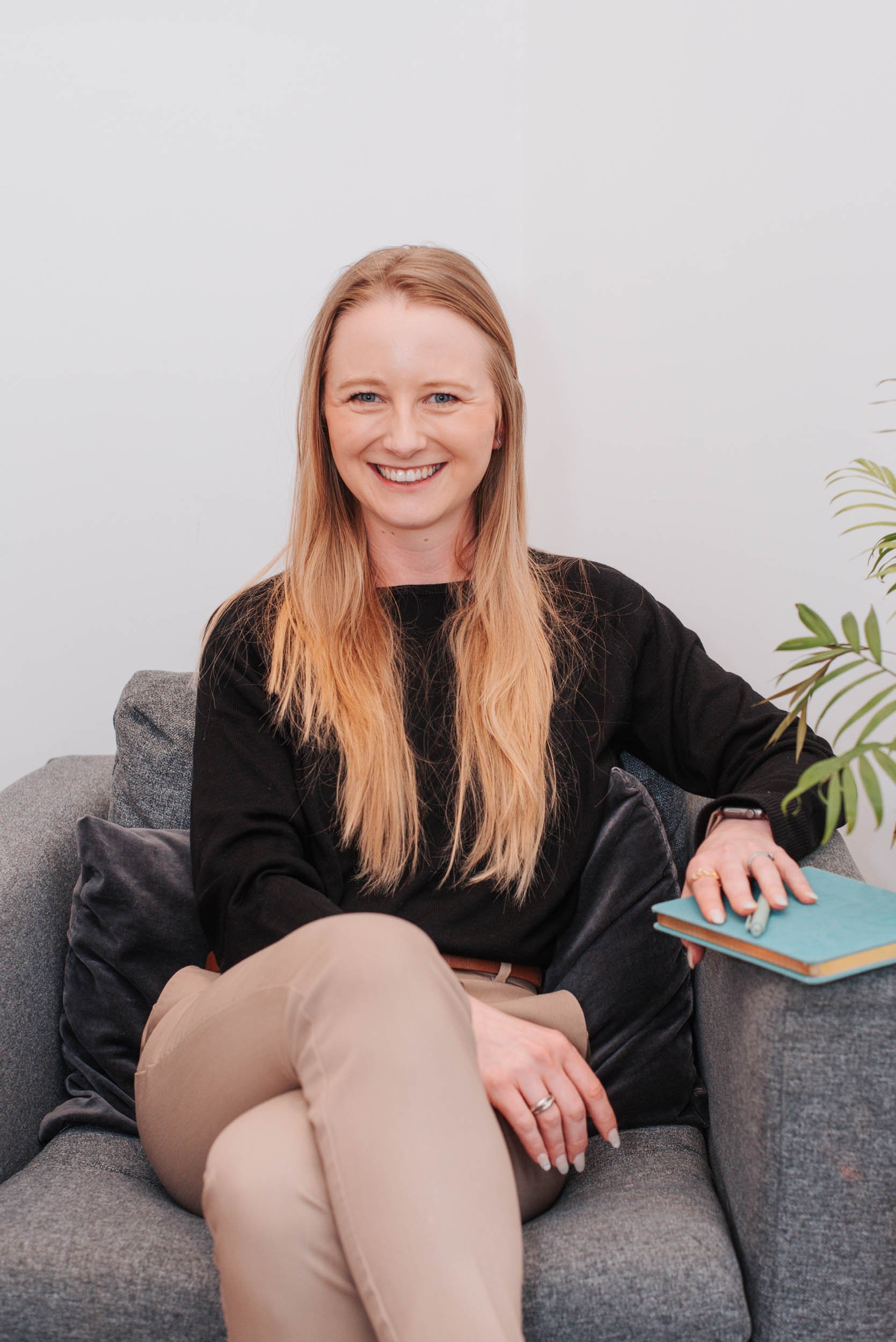
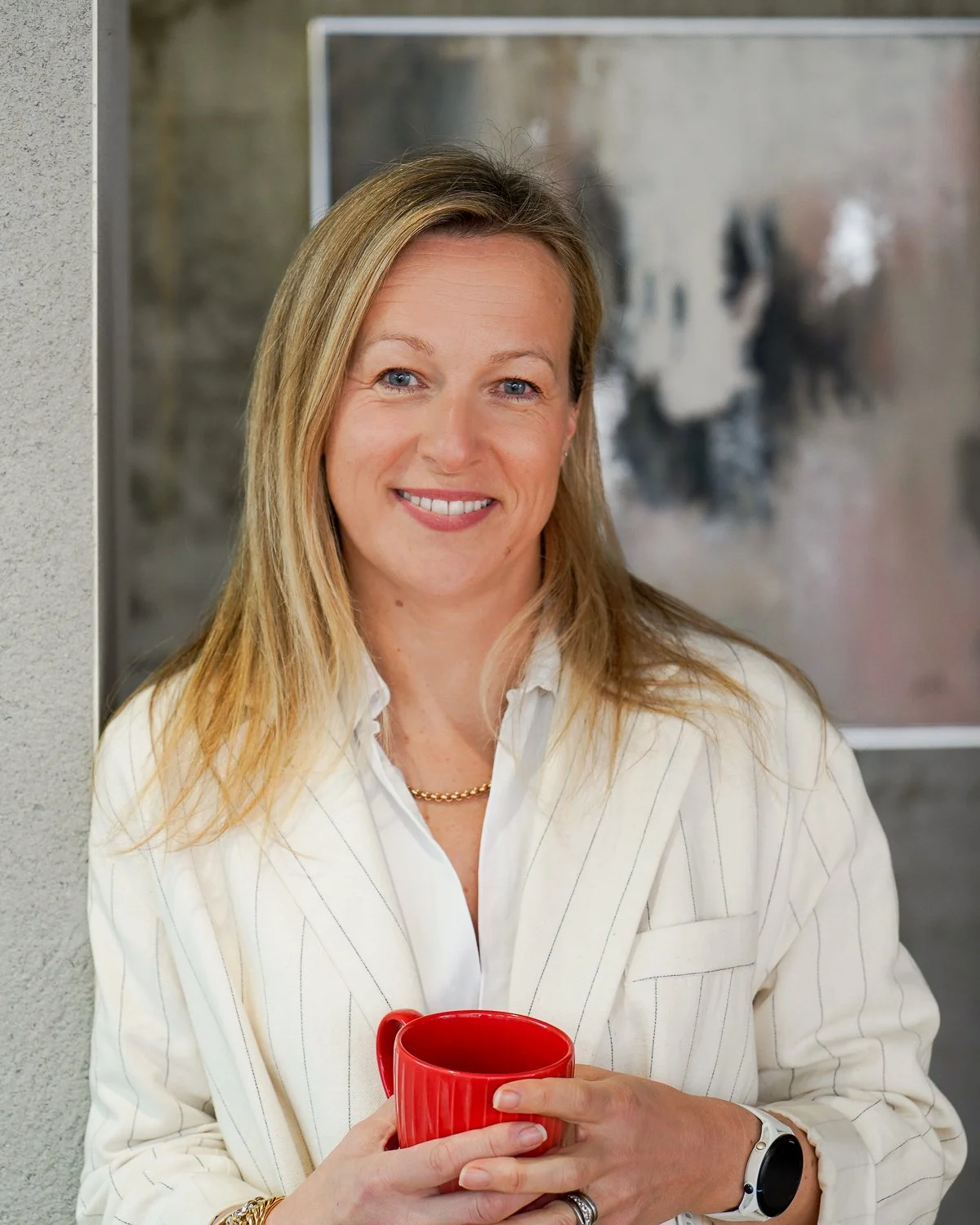
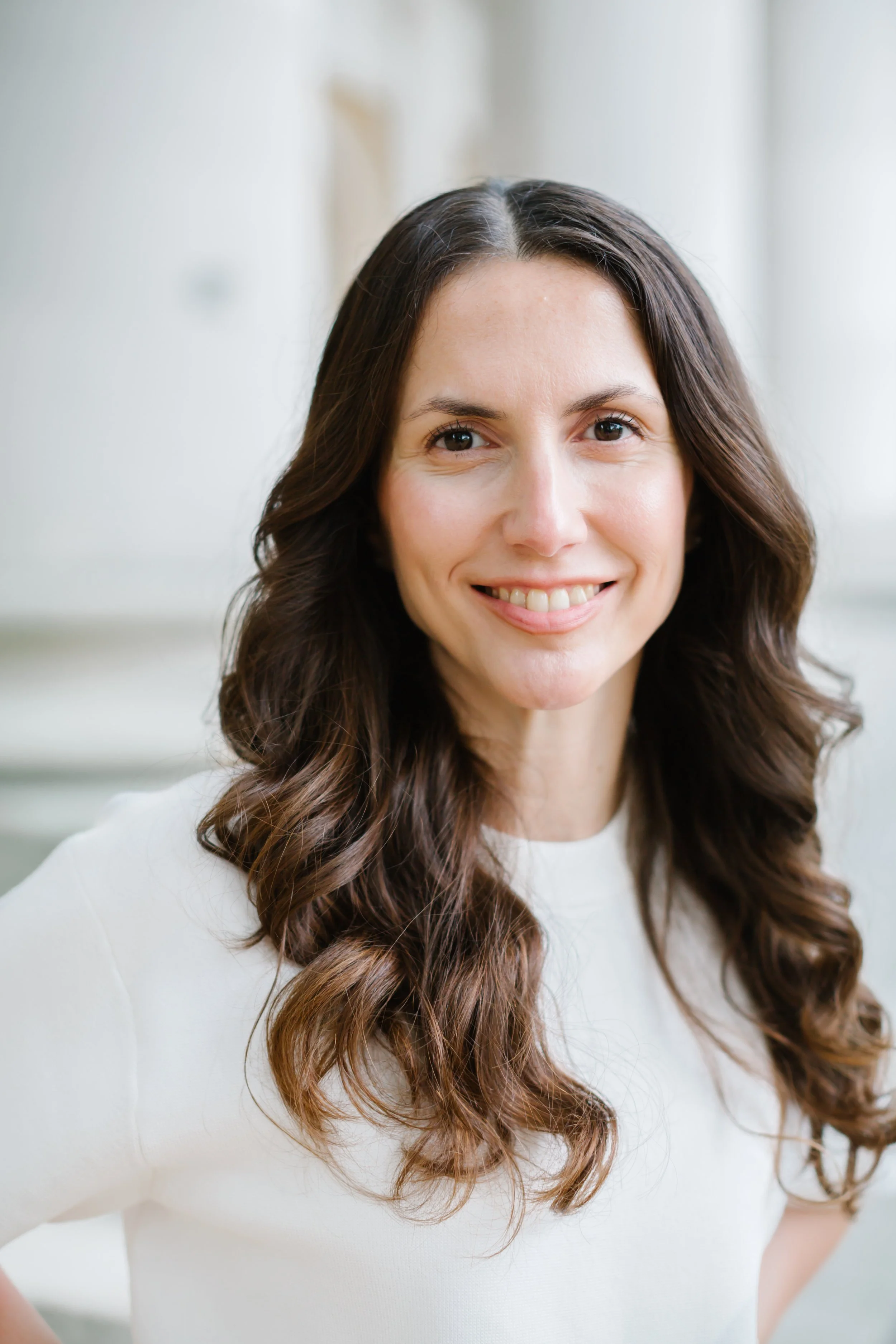




































Transcendental Meditation® (TM) Teacher